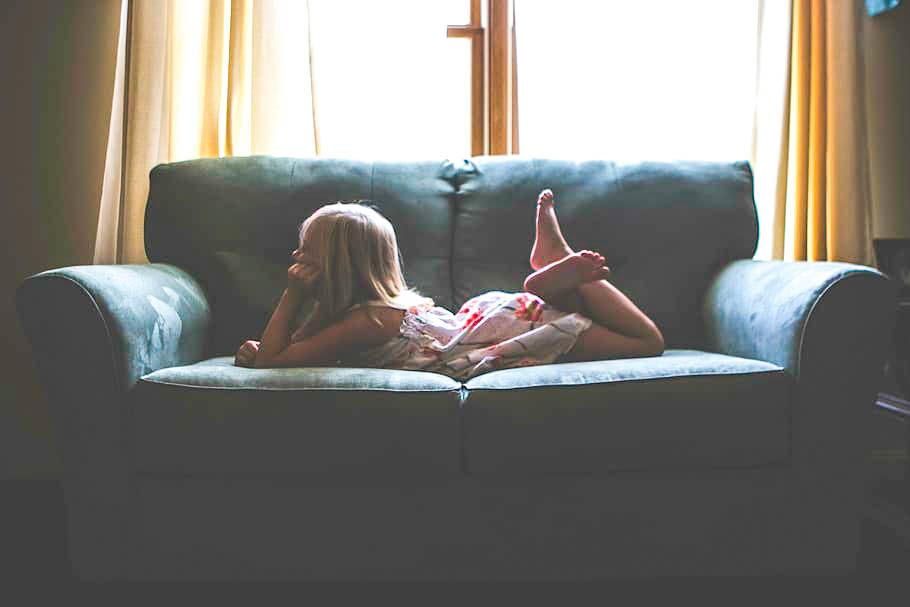This past week, as I flipped through Instagram posts that exhibited evident neglect for social distancing, a frustrating question flooded my thoughts: Why can’t people stay at home? It occurred to me that people have either misinterpreted or ignored the practice of “social distancing” altogether. For some, public officials present social distancing as a request to shift locations of social contact. For others, social distancing presents itself as either an overreaction or a self-excused practice. It’s encouraging that for many, social distancing equates to an urgent call to protect the health of one another. Unfortunately, some still have not fully grasped the cruciality and change that understanding and upholding the practice could accomplish.
There is an abundance of explanations as to why the actions of some are not parallel with the pleas of health care workers or the calls of the CDC. Some have a misplaced or altered understanding of what social distancing means. It is easy to fall into the misinterpretation that it rationalizes private homes or outdoor areas as a replacement for the public, indoor avenues. Doing so seems as if it could be a healthy and accomplishing fix. Yet, it shortens the impact that social distancing is aiming to fulfill. By definition, social distancing works to deliberately increase the physical space between people to avoid spreading illness. When we put ourselves in situations of merely changing the location of our contact, we make it difficult to maintain distance with whom we do not share a home. When we choose to eliminate contact, limit visitors and stay home, we can fully and intentionally adhere to guidelines that are fighting for an end to the virus.
Others have not adopted distancing into their daily lives because of a mindset that enables one to feel untouchable and apathetic. We can witness this debilitating perspective through excuses such as “the coronavirus doesn’t affect young people,” “I could get over it” or “it’s not worth being stuck at home.” While these feelings could be truthful and valid for some, it does not equate to being conclusive and binding for all. Instead, this attitude of self-excusability is a selfish setback. By choosing to think only of the consequences of the virus on your life, you forget those that cannot quickly recover, like an older person or one who has underlying health conditions. You are neglecting the health care professionals who are selflessly putting their lives on the front lines. You are dismissing the employees that have lost hours or jobs, the people who don’t know if they can make rent or the small business owners who may not recover. Social distancing is at the core of the fight to protect lives amidst the coronavirus, limiting the spike of cases and alleviating the burden on the health care system.
Some have made a choice not to stay home because of the finalized implications that the decision will bring. In saying this, the reason why I did not initially want to adhere to the requests of social distancing when the coronavirus first hit was because I wanted to ignore the painful reality right in front of me. This negative mindset that I had stemmed from my inability to grasp the unwelcome change that was about to happen. I believe that this is a reason that some have chosen to continue living in ignorance and heedlessness for social distancing. When you decide to face the horrors of reality, you are opening up the capability to feel the fear that accompanies the loss and uncertainty that comes with change.
These answers to the posed question should not offer discouragement, but in fact, provide the exact opposite. They should compel us to understand the harmful consequences of even one person choosing not to stay home for the benefit of another. They should alert us to reach out to those who continue to ignore the calls to exercise distancing, educating and emboldening them to recognize the impact one person can make. We must remember that we should never permit fear and pain to control us or ignorance and uncertainty to blind us. Most importantly, we must never forget the individuals that will be protected when we decide to stay home.
Why can’t people just stay home?
March 31, 2020
Photo by Creative Commons
Why some people are choosing not to follow social distancing guidelines is questioned by opinion writer Allison Dennis.
0
Donate to The Battalion
$1815
$5000
Contributed
Our Goal
Your donation will support the student journalists of Texas A&M University - College Station. Your contribution will allow us to purchase equipment and cover our annual website hosting costs, in addition to paying freelance staffers for their work, travel costs for coverage and more!










